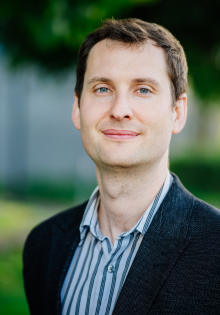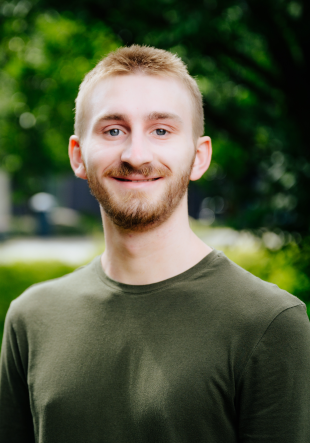Scientists at Paderborn University have used a new method to determine the characteristics of optical, i.e. light-based, quantum states. For the first time, they are using certain photon detectors - devices that can detect individual light particles - for so-called homodyne detection. The ability to characterise optical quantum states makes the method an essential tool for quantum information processing. Precise knowledge of the characteristics is important for use in quantum computers, for example. The results have now been published in the specialist journal "Optica Quantum".
"Homodyne detection is a method frequently used in quantum optics to investigate the wave-like nature of optical quantum states," explains Timon Schapeler from the Paderborn "Mesoscopic Quantum Optics" working group at the Department of Physics. Together with Dr Maximilian Protte, he has used the method to investigate the so-called continuous variables of optical quantum states. This involves the variable properties of light waves. These can be, for example, the amplitude or phase, i.e. the oscillation behaviour of waves, which are important for the targeted manipulation of light, among other things.
For the first time, the physicists have used superconducting nanowire single photon detectors for the measurements - currently the fastest devices for photon counting. With their special experimental setup, the two scientists have shown that a homodyne detector with superconducting single photon detectors has a linear response to the input photon flux. Translated, this means that the measured signal is proportional to the input signal.
"In principle, the integration of superconducting single-photon detectors brings many advantages in the area of continuous variables, not least the intrinsic phase stability. These systems also have almost 100 per cent on-chip detection efficiency. This means that no particles are lost during detection. Our results could enable the development of highly efficient homodyne detectors with single-photon sensitive detectors," says Schapeler.
Working with continuous variables of light opens up new and exciting possibilities in quantum information processing beyond qubits, the usual computing units of quantum computers.
The article is available online.
In the video, Dr Maximilian Protte explains how the process works: https://youtu.be/z9fGwd9iZi4?si=LM25s3AfbvBjzMNc.
This text has been translated automatically.



